July 2019 “Live for Soil; Soil to Live” (LSSL) is ready to receive visitors
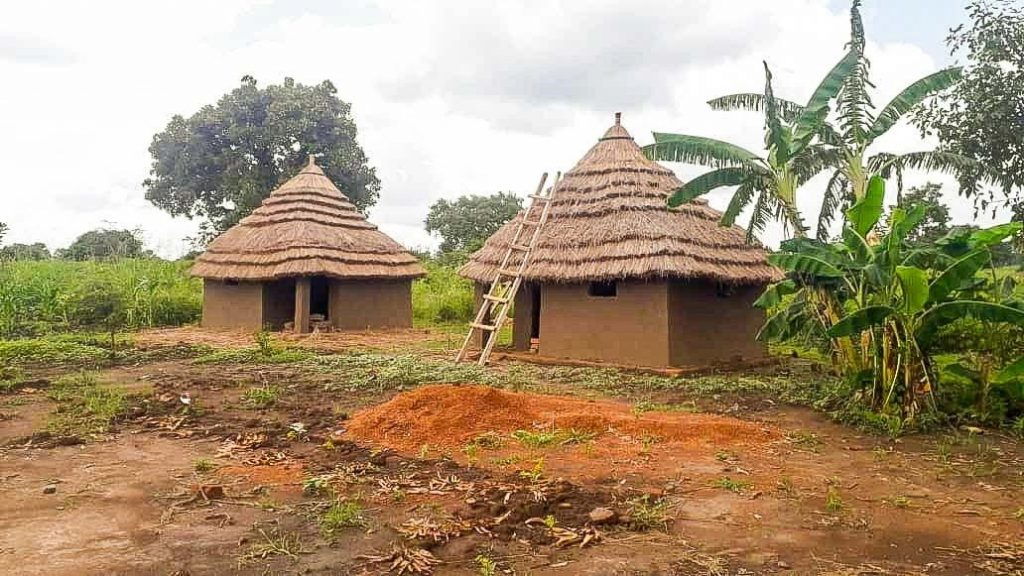
July 2019 “Live for Soil; Soil to Live” (LSSL) is ready to receive visitors
Agroecology practice goes from strength to strength
PART 1 – reflections on good practice
Since the middle of April 2019 ETFE’s agroecology operations have been exciting, busy and interesting.
On 15th April Nick and Genevieve discussed activities for his visit to Uganda: travel up-country to Kalaki, farming priorities, the question of applying good agroecology practice, management meetings with teams among builders, workers and farming experts, how to use the budget on the Crowdfunder finances, and the important talk at the Agriculture Department in Kyambogo University, Kampala.
On 17th April, Nick and Genevieve met Dr. Robert Mulebeke, head of department of agriculture at Kyambogo University and other colleagues who later joined us in a presentation to over 60 students in the Department of Agriculture. The presentation went well.

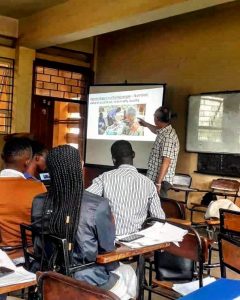
We answered many questions from students who have ambitions to start farming as business after studying. A number of students were also interested in the level of ETFE’s focus on local and indigenous knowledge, as well as the links with UN Sustainable Development Goals. One of the students called Richard from Nyoya District talked to us about his research work on human waste for manure. He was also so kind to walk with us on a tour at the farm used by the Department of Agriculture.
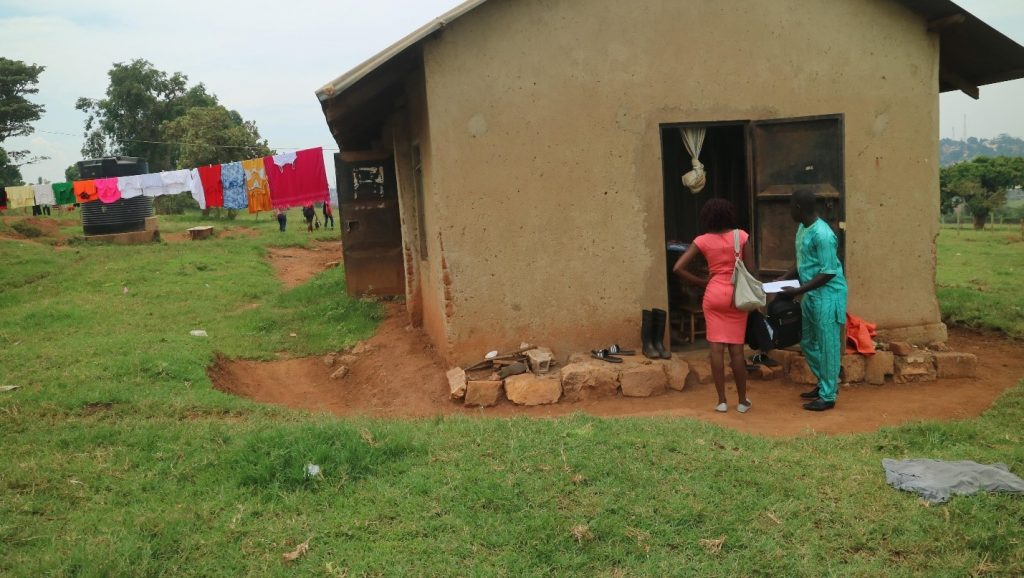
Grey plastic chairs
A day after arriving in Kalaki, Asomo headed back to Soroti with a friend called Walter Okelle to introduce her to a shop that sells excellent quality plastic chairs. She bought 150 grey armless chairs at 23,000 Ugandan Shillings each, totaling 3,450,000. The aim is to hire each chair at 500 ugx each. The chairs will bring in 60,000 ugx per hire, and half of that income will go into savings and the other half for small financial assistances and cash-flow on the farm. The target is to eventually have at least 500 chairs for regular hiring. In the management meeting, we also talked about proper management of these chairs and their income, keeping of good public relationship and financial care.
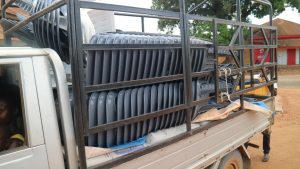
Passion fruit
On the 21st April we focused on the 36x passion fruit seedlings that managed to grow to a reasonable size. Further germination was taking place, which was great news. Later in the evening Oluga, Nick and Asomo had another visit to Omojonga were able to come up with a plan which become a solution for a new set-up in the compound after another member changed from what they had instructed. They proceeded to Kalaki to buy bread, and it was a special day because it rained as they were coming back home.

Omojonga and LSSL (“Live for Soil; Soil to Live”)
On Monday 22nd April ETFE had a general cleaning task at Omojonga, with everyone involved taking on some work there. It was voluntarily among all the directors, members, management team and workers. This was a good time to meet one another and give small speeches to express our interests and commitments to agroecology and ETFE.
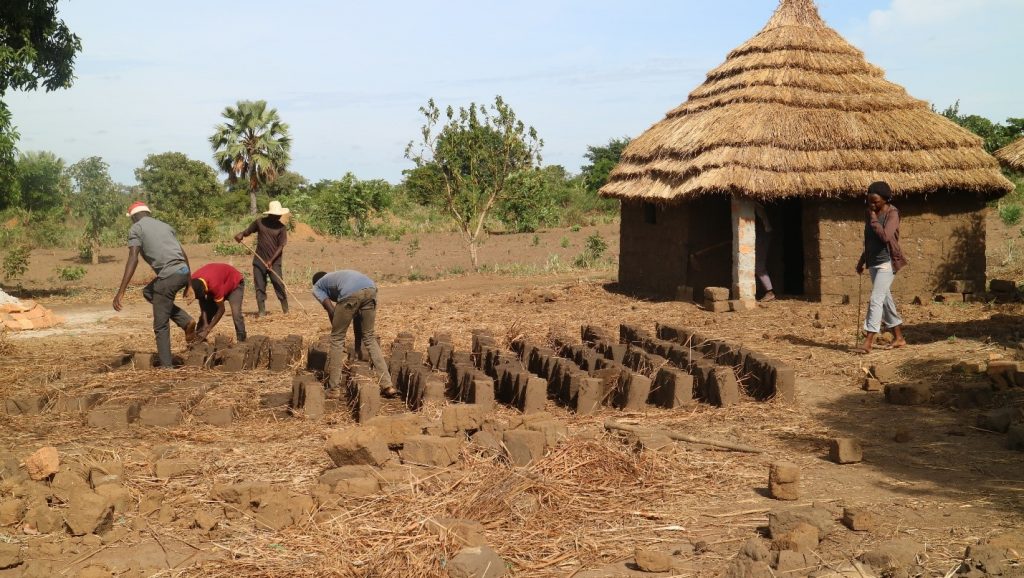
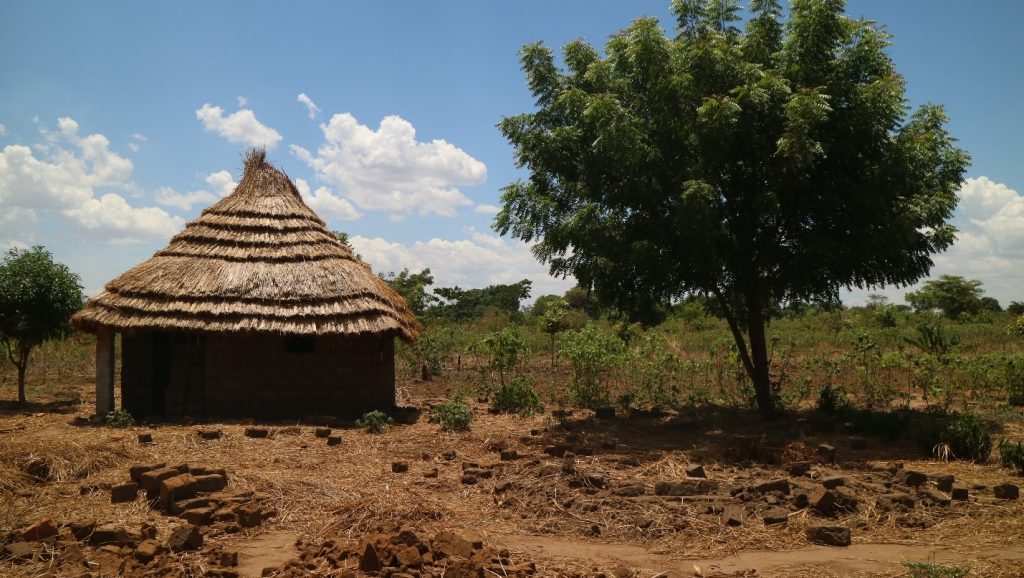
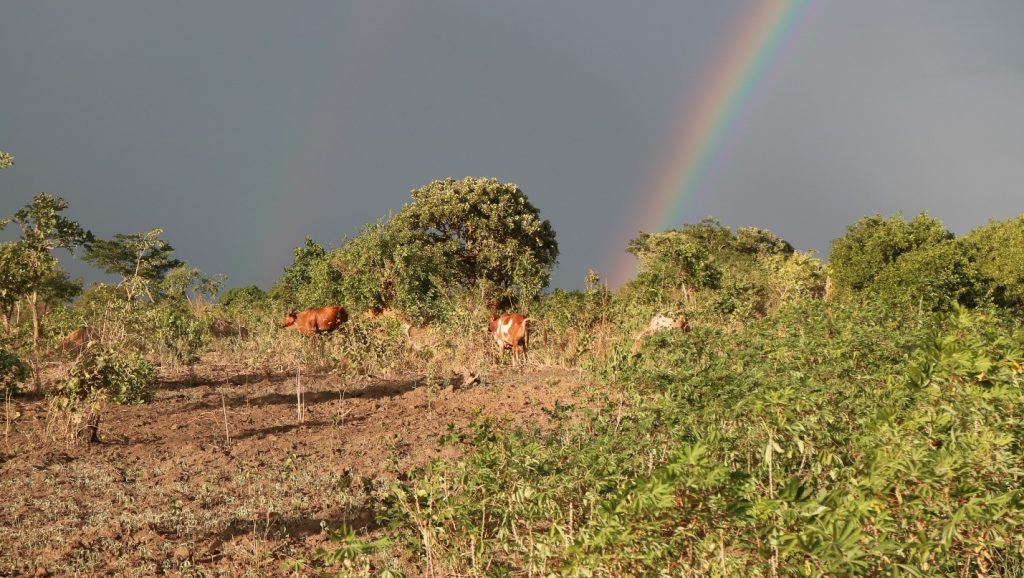
ETFE management meeting, 23rd April 2019
The management meeting aimed to discuss all the six (6) activities of ETFE and the budget share out from the Crowdfunder funds.
Some of the issues that were discussed include:
- Planning problems at the Omojonga site
- Public relations difficulties
- Payment delays for workers
- Management issues the main ETFE activities
- Consultation
- Establishment planning from the begging
- Administration and management
- Piggery building materials
- Climate change
- Allocation of responsibilities
- Budget
Allocation of responsibilities to management team
| ITEM | IN CHARGE of actions and practice | OVERSEERER | |
| 1. | Piggery | Opio Peter, Asomo Genevieve | Asomo Genevieve |
| 2. | Orange orchard | Omuket and Hellen Acuro | Hellen Acuro |
| 3. | Honey production | Egosu and Eligu Samuel | Eligu Samuel |
| 4. | Passion fruit | Pastor Francis, Ologa, Ebonyu and Agaba Emma | Pastor Francis [with Nick and Genevieve supporting interest |
| 5. | Local chicken | Ilepo and Egosu and Agaba | Agaba Emma |
| 6. | Chairs (grey plastic) | Hellen and Ekotu Peter | Hellen |
| 7. | Nursery beds | Ebonyu , Omuket, Ebinu , Eligu Dan | Ebonyu |
| 8. | Omojonga | Francis, Vincent, Nick , Asomo + Nyagi | Nick and Asomo |
Other things that were discussed in the meeting:
The Orange orchard should only be sprayed with only organic pesticides made locally instead of using chemicals that can be dangerous to the soil, crops, bees and human health.
Beekeeping equipment like the harvesting kit to be bought and more hives to be bought for high quantity production.[i] The kit was abought in Kampala after that meeting but the hives will be bought after improvement has been seen from the current hives.
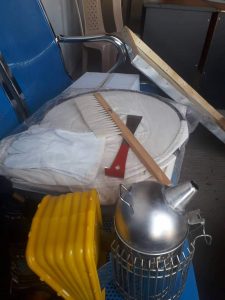
The nursery bed was seen as a productive activity in terms or profit and sustainable food production for both the community and local markets, vegetables like green pepper, onions, tomatoes, eggplants (Aubergine, Solanum melongena), cabbage, Sukuma (Brassica oleracea)[ii], carrots, pumpkins, and passion fruit were listed to be put on the nursery. They were bought in Kampala, each one packet, and planted. There was good germination taking place, the gardens for transplanting them is being prepared.
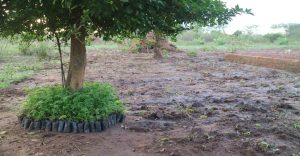
Other plants like the Elira tree (Melia azedarach) were donated by the government, and are to be planted in the garden in the form of intercropping method with other crops.
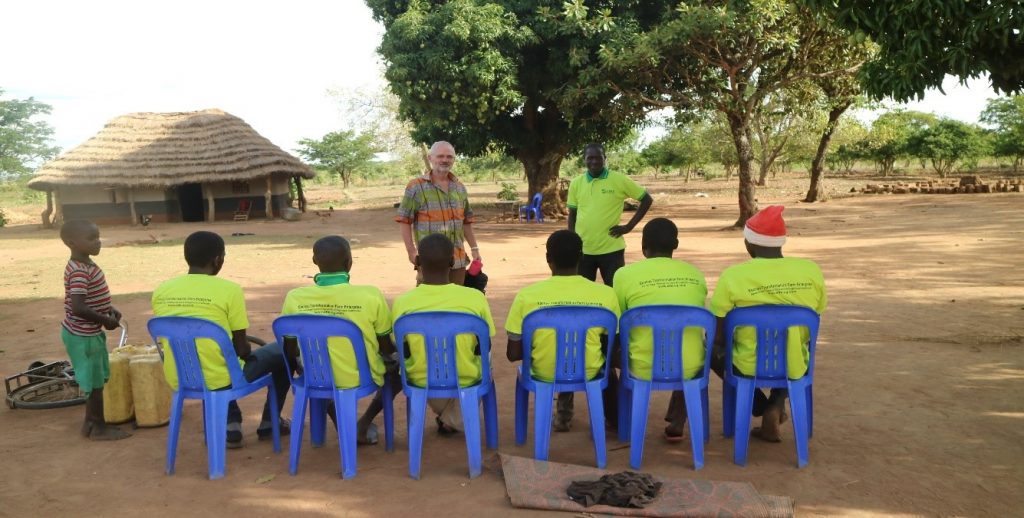
Passion fruit seedlings are ready for transplantation to their garden which has been cleared on both sites.

Local chicken for ETFE is strictly keeping local “Soroti” chicken that will need proper management and care. So far, we have 10 chickens, i.e. four hens and six cocks and they are to be fed with maize bran which we plan to get through growing maize. They will receive medication through their feeds and water. Back in January 2019, ETFE had 67 chickens but they all died of Coccidiosis, a parasitic disease of the intestinal tract of animals caused by coccidian protozoa.

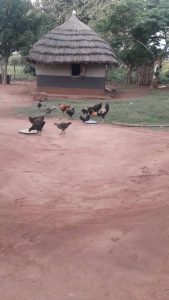
So far we have one poultry coop, and there are plans to have two more to accommodate over 150 fowl at night with a provision for chicken droppings that will later be used as manure for crops and vegetables. Laying nests are to be provided for the layers. All in all, for the success of this venture, the management team urged the daily handlers to consider consultation as key. In other words, to ask about handling, feed, security, health and general practice.
Other crops to be planted include maize, chickpea (Cicer arietinum), Esuk (Bambara roundnut or Vigna subterranea), groundnuts, cassava, Irish potatoes, carrots, bananas, pawpaw, millet, sorghum, and soya bean. Esuk are to be planted to realize some integrated farming practice. They are a drought resistant, legume with excellent nutritional qualities. Moreover, Bambara is an indigenous crop that has been almost forgotten in the region.

Sustainable farming methods like Mandala garden, Kitchen garden, collection of animal waste, water harvesting, intercropping, mulching, organic pesticides, plant tea, suck-mound, were advised to be practiced in order to respond to climate change.
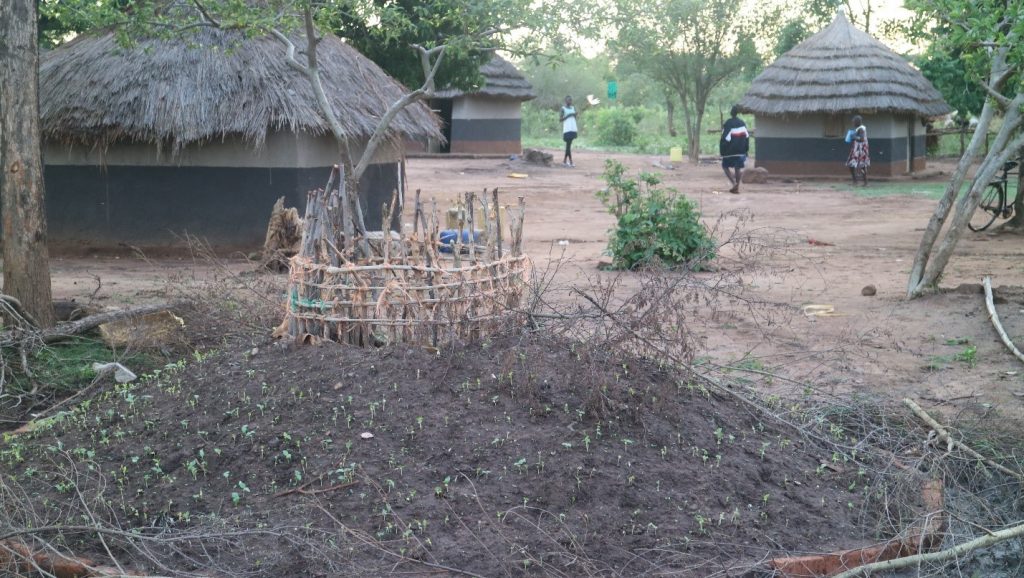
The management meeting ended with some direct questioning from one of the directors about progress so far: there is arguably no production so far; there is no business so far; and, there is not much agroecology so far. However, in truth, that is not the case. There have been set-backs since July 2018 but overall, things are going well and especially the agroecology element. It’s there in place as a working practice. Improving all the time. So, we can be proud of the achievements.
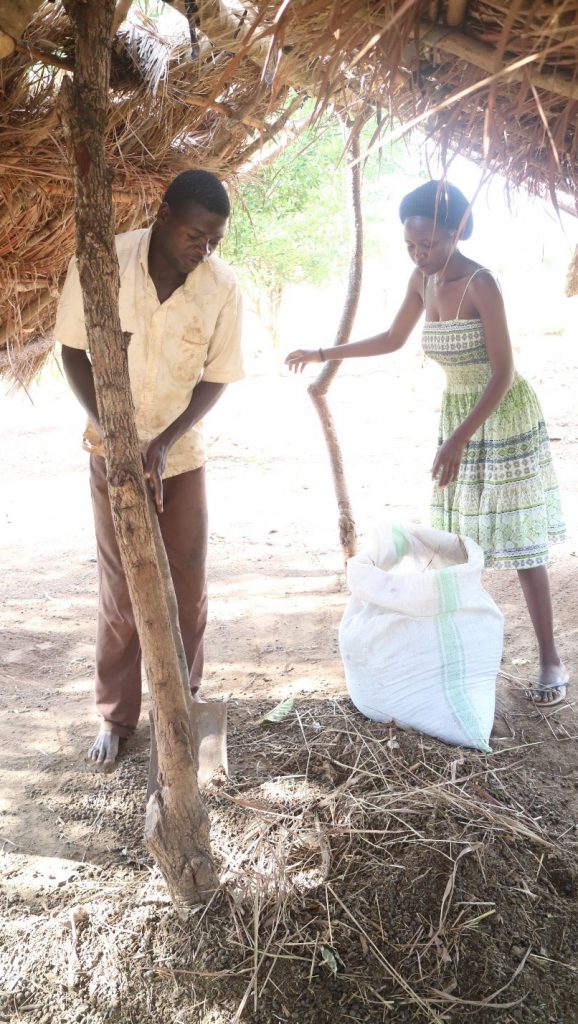
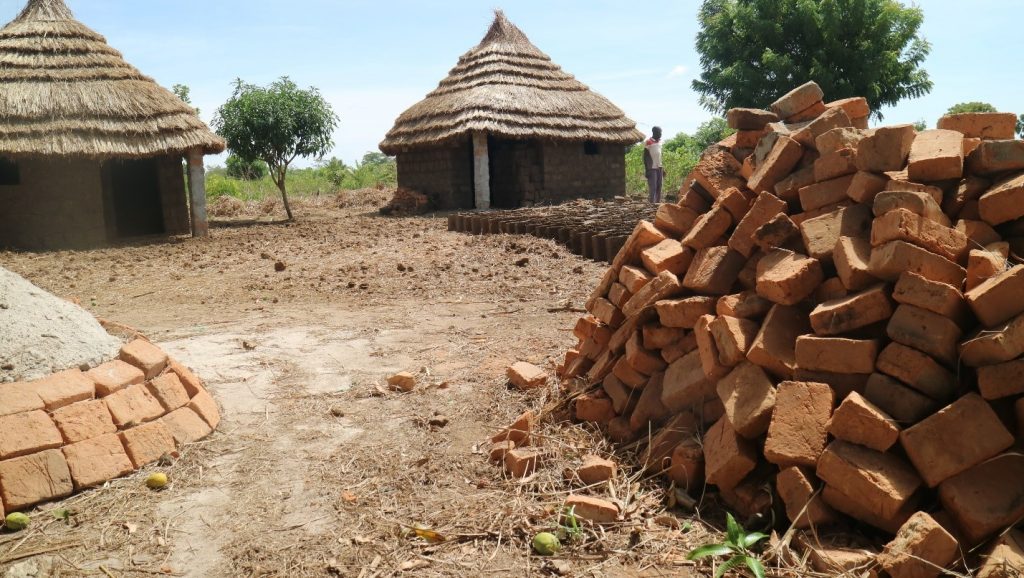
Figure 19 Omojonga ETFE LSSL homestead, April 2019
[i] A special kit for beekeeping has been bought but so far no more hives. The extreme conditions have lessened the presence of bee swarms, which is an observed problem throughout the area. The aim is to establish the art, skill and craft of beekeeping and honey production before
[ii] Brassica oleracea is a plant species that includes many common foods as cultivars, including cabbage, broccoli, cauliflower, kale, Brussel sprouts, ‘collard greens’, savoy, kohlrabi, and gai lan (Chinese broccoli).